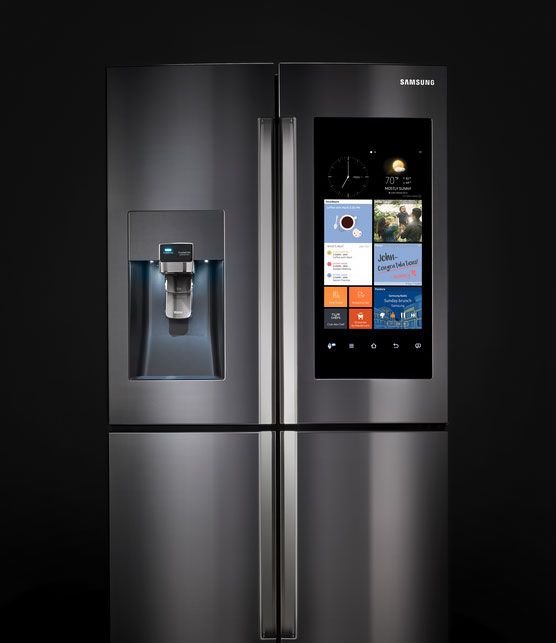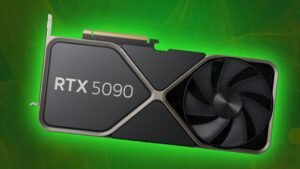How Smart Refrigerators are Changing the Way We Eat in 2024
Introduction
In recent years, smart home technology has revolutionized the way we live, and one of the standout innovations is the smart refrigerator. By integrating advanced features like touchscreens, sensors, and connectivity to the internet, these modern appliances are transforming our kitchens and how we approach food storage, meal planning, and even health management. As we delve into 2024, smart refrigerators are not just a convenience; they’re becoming essential tools that can help us eat healthier, reduce waste, and streamline our culinary experiences.
Table of Contents
Understanding Smart Refrigerators
Smart refrigerators come equipped with a variety of features that make them more functional than traditional models. These appliances connect to your home Wi-Fi network and often have companion apps, allowing users to control and monitor them remotely. Key features typically include:
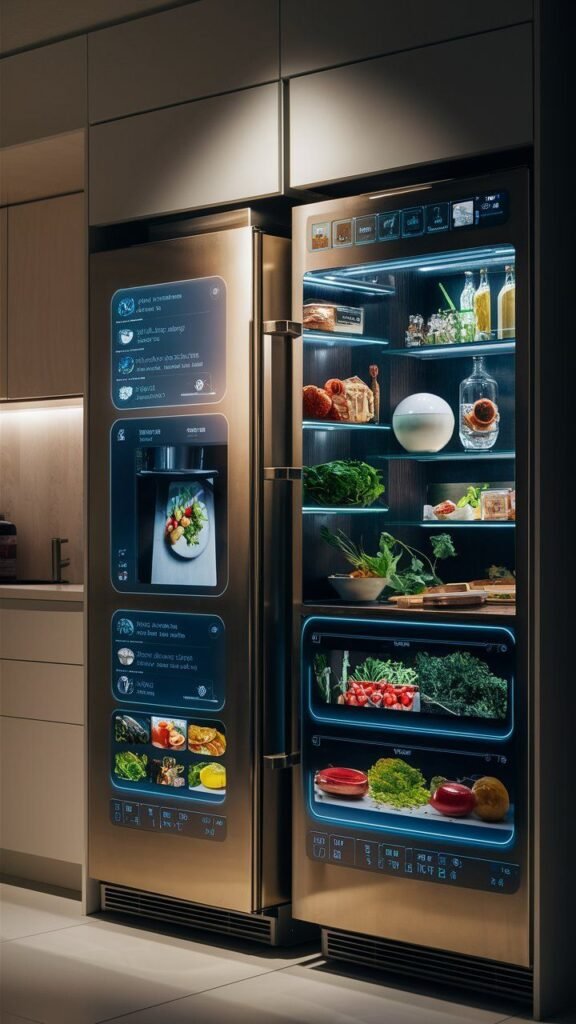
- Touchscreen Displays: Many smart fridges feature interactive touchscreens that can display recipes, calendar reminders, and grocery lists.
- Internal Cameras: Some models come with built-in cameras that allow you to see what’s inside your fridge from your smartphone, making it easier to check inventory while shopping.
- Voice Assistants: Integration with voice assistants like Amazon Alexa or Google Assistant allows for hands-free operation, including adding items to your grocery list or setting reminders for expiration dates.
- Food Management: Advanced sensors track the freshness of your food, send notifications when items are nearing their expiration dates, and suggest recipes based on available ingredients.
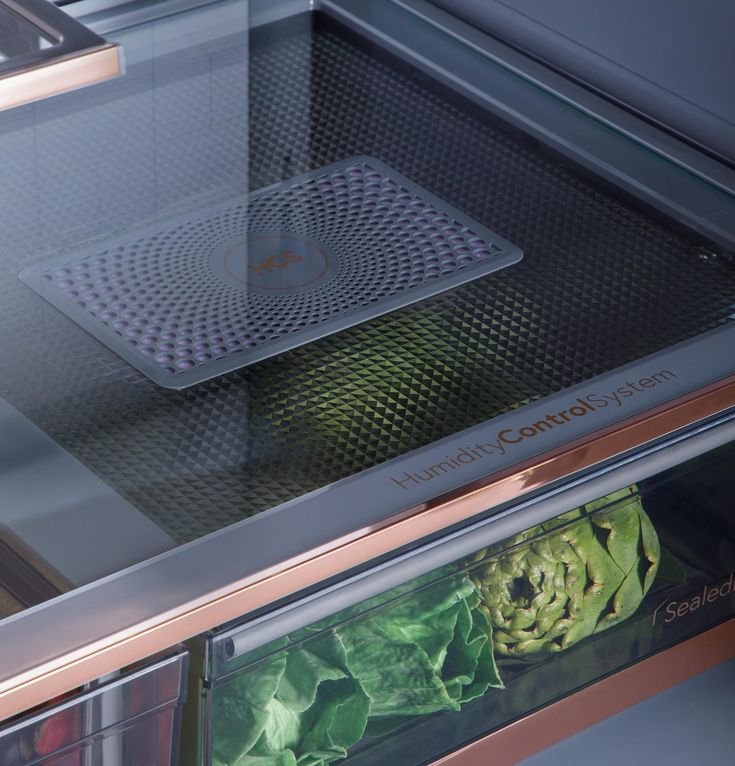
Benefits of Smart Refrigerators
- Enhanced Food Management: One of the most significant benefits of smart refrigerators is improved food management. By using internal cameras and tracking expiration dates, these fridges can help reduce food waste. Users receive alerts when items are about to expire, prompting them to use ingredients before they spoil. This feature not only saves money but also contributes to more sustainable eating habits.
- Meal Planning Made Easy: Smart refrigerators often include meal planning features that allow users to create grocery lists based on their favorite recipes. By suggesting meals based on what you already have, these fridges help eliminate guesswork and encourage healthier eating habits. This can be particularly beneficial for busy families or individuals who want to streamline their cooking process.
- Healthier Eating Choices: Many smart refrigerators come with integrated health tracking and nutritional analysis features. Some models can even connect with health apps, allowing users to monitor their dietary intake and make informed choices. By providing insights into the nutritional content of stored foods, smart fridges promote healthier eating habits and better overall wellness.
- Convenience and Efficiency: The convenience of checking your fridge’s contents from anywhere via your smartphone cannot be overstated. This feature is especially useful while shopping, as it allows you to avoid duplicate purchases and ensures you get exactly what you need. Additionally, smart fridges can help manage energy consumption, optimizing cooling based on usage patterns and reducing electricity bills.
- Integration with Smart Home Ecosystems: As part of the growing trend of smart home technology, smart refrigerators can easily integrate with other devices in your home. For example, they can communicate with smart ovens to suggest cooking times and temperatures based on the food stored inside. This interconnectedness enhances the overall efficiency of your kitchen and contributes to a more cohesive smart home environment.
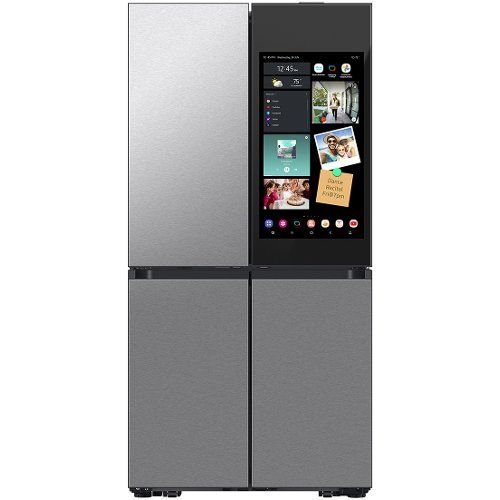
The Future of Smart Refrigerators
As we look ahead to the future of smart refrigerators, several trends are shaping their evolution:
- AI and Machine Learning: The integration of artificial intelligence and machine learning will enable smart fridges to learn user preferences and habits over time. This could result in highly personalized recommendations for meals, grocery shopping, and even dietary adjustments based on health data.
- Sustainability Features: With growing concerns about climate change and food waste, future smart refrigerators are likely to include even more features aimed at sustainability. This could involve enhanced energy efficiency, better recycling management, and smart composting solutions for expired food.
- Advanced Food Preservation Technologies: As research progresses, we can expect new technologies that extend the shelf life of food significantly. For example, smart refrigerators may incorporate vacuum-sealing systems or advanced humidity control, preserving food freshness longer and reducing waste.
- Remote Healthcare Monitoring: Some innovators are exploring the idea of smart refrigerators that can monitor dietary habits and offer suggestions based on health conditions. For instance, diabetic users could receive alerts about their carb intake or recommendations for healthier substitutes.
- User-Friendly Interfaces: The user experience will continue to be a focal point, with improved interfaces that make navigation more intuitive. Enhanced touchscreen displays with voice recognition could become standard, making it easier for all family members to interact with the fridge.
- Price: When it comes to price, smart refrigerators range widely, typically starting around $1,500 for basic models with Wi-Fi connectivity, while advanced models with features like internal cameras, touchscreen displays, and AI integration can reach $4,000 or more.
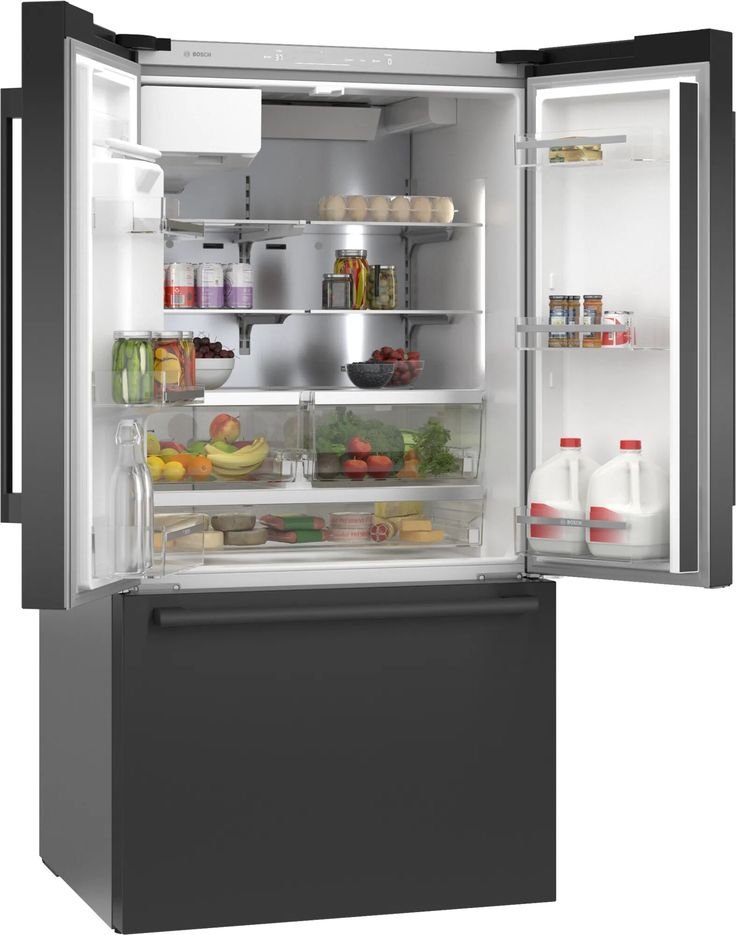
Conclusion
Smart refrigerators are more than just a trend; they are reshaping the way we approach food and cooking in our homes. As technology advances, these appliances will play an increasingly significant role in promoting healthier eating habits, reducing food waste, and enhancing our culinary experiences.
With their ability to integrate into our daily lives and offer solutions for food management, meal planning, and nutrition tracking, smart refrigerators represent the future of kitchen technology. As we embrace these innovations in 2024 and beyond, the way we eat, cook, and manage our food will continue to evolve, paving the way for a more connected and health-conscious lifestyle.

